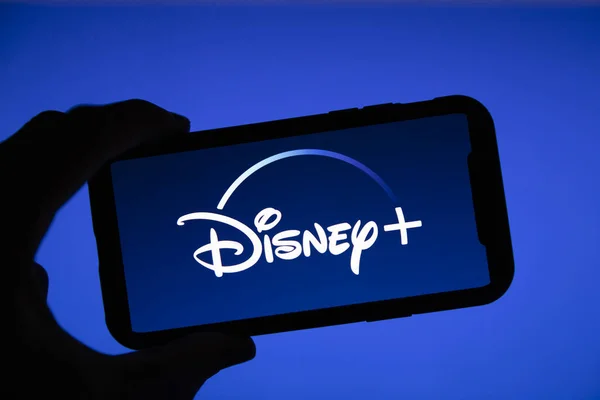Disney’s streaming service has experienced a third straight quarter of declining subscribers, raising concerns within the company. Despite this decline, Disney’s shares managed to rise by approximately 2.5% to $90 in after-hours trading. The company reported a net loss of $460 million, indicating the urgency to address the subscriber issue. The decline in subscribers was evident as Disney lost 7.4% of its subscribers in the third quarter, dropping from 157.8 million to 146.1 million. The loss of subscribers internationally is largely attributed to the loss of streaming rights for the Indian Premier League in its Indian business segment and to put a prohibition on Password sharing.
In the US and Canada, Disney lost approximately 300,000 subscribers, the same number as the previous quarter. To counter this trend, Disney has announced its plans to launch an ad-supported version of its streaming service in Europe, Canada, and the US, aiming to attract a wider audience.
Disney’s CEO, Bob Iger, has pledged to revive the company’s profitability. He plans to achieve this by implementing a price increase for its ad-free Disney and Hulu plans starting from October this year. Additionally, the company intends to tackle the issue of password sharing, set to commence from next year.
While acknowledging the challenges in the current environment, Iger expressed his commitment to the company’s transformation. “I returned to Disney in November, and I’ve agreed to stay on longer, because there was more to accomplish before our transformation is complete,” said Iger.
Disney’s strategy also involves raising the price of its ad-free Disney plan by $3, constituting a 27% increase, bringing the cost to $14. The ad-free Hulu plan is expected to experience a similar price hike, reaching $18 per month, surpassing the cost of competitors like Netflix.
Although specific details about the password-sharing crackdown were not provided, Iger expressed optimism about its potential benefits for the company. The crackdown is scheduled to commence in 2024, with the possibility of extending into subsequent years. Analysts suggest that the combination of price hikes and password-sharing restrictions could steer Disney toward sustainable growth.
Bob Iger, who resumed the position of Disney’s CEO in November, has been instrumental in devising strategies to revitalize the company’s streaming business while maintaining financial stability. Iger’s contract has been extended for two years, ensuring his role as CEO of The Walt Disney Co. until 2026, as the company works on its transformational journey.












